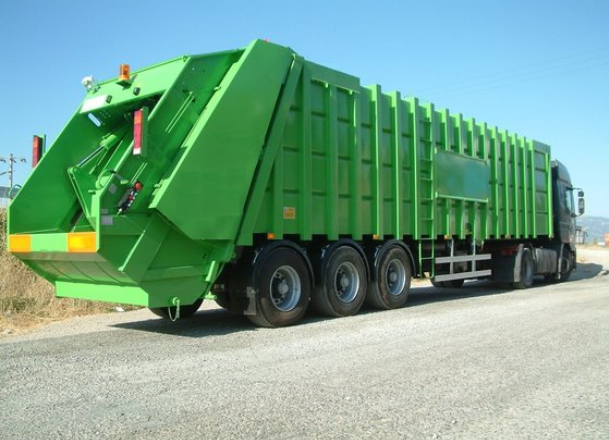Proper upkeep of equipment is critical for businesses in the waste management and recycling sector. Among these, Waste Transfer Trailers play a central role in transporting large volumes of waste efficiently and safely. Regular maintenance ensures that these trailers remain functional, durable, and cost-effective over time. Companies like OGTEC emphasise routine inspections and proactive servicing to maximise operational life and reduce unexpected downtime.
Routine Inspections and Cleaning
One of the first steps in maintaining Waste Transfer Trailers is conducting regular inspections. Checking the structural integrity, including the frame, axles, and tires, helps identify wear and tear before it becomes a major problem. Accumulated debris, dirt, and chemical residues can cause corrosion or mechanical issues. Frequent cleaning not only preserves the trailer’s appearance but also prevents long-term damage to metal components. Brands like OGTEC recommend thorough pressure washing and removing waste residues after each transport to maintain optimal performance.
Lubrication and Mechanical Care
Lubrication is a crucial part of maintaining Waste Transfer Trailers. Hinges, moving parts, and hydraulic systems should be regularly greased to prevent friction-related damage. Failure to lubricate components can lead to excessive wear, increased repair costs, and reduced efficiency. Regular servicing of hydraulic pumps and cylinders is also important, especially for trailers that rely on complex lifting or dumping mechanisms. Adhering to the manufacturer’s guidelines ensures that the trailers operate smoothly, even under heavy loads.
Tire and Brake Maintenance
Tires and brakes are often the most stressed components of Waste Transfer Trailers. Ensuring proper tire pressure, tread depth, and alignment is essential for safety and longevity. Overloaded or under-inflated tires can lead to blowouts or uneven wear, compromising performance. Similarly, brake systems should be checked for fluid levels, pad wear, and rotor conditions. OGTEC recommends a detailed inspection schedule to detect early signs of mechanical failure, minimising the risk of accidents or costly downtime.
Hydraulic and Electrical System Checks
Hydraulic systems are integral to trailers that use advanced mechanisms, such as ejection blade trailers. Regularly inspecting hoses, seals, and connections helps prevent leaks and system failures. Electrical components, including lights, sensors, and wiring, should also be tested routinely. Neglecting these systems can reduce efficiency, cause operational delays, and increase repair costs. Preventive maintenance ensures consistent performance and extends the service life of the trailer.
Additionally, monitoring fluid levels and replacing worn-out hydraulic components promptly can prevent costly breakdowns. Implementing a scheduled maintenance checklist ensures no component is overlooked, enhancing overall reliability. Staff training on identifying early warning signs can further reduce unexpected operational issues.
Storage and Environmental Considerations
How Waste Transfer Trailers are stored significantly impacts their lifespan. Trailers exposed to harsh weather, moisture, or corrosive environments are more likely to experience rust and material degradation. Covered storage or sheltered areas help protect trailers from environmental damage. For facilities handling large-scale waste, OGTEC suggests implementing dedicated storage zones that minimise exposure to rain, snow, and excessive sunlight. This simple step can dramatically prolong the life of the trailer.
Choosing storage areas with good ventilation helps prevent condensation and corrosion. Regularly inspecting stored trailers for signs of rust or structural issues ensures timely intervention. Using protective coatings on exposed metal surfaces further enhances durability and extends the trailer’s operational life.
Conclusion
Regular maintenance, from routine inspections to lubrication and environmental protection, is essential for maximising the durability of Waste Transfer Trailers. Incorporating specialised equipment, such as ejection blade trailers, requires additional attention to hydraulic and mechanical systems to ensure safe and efficient operation. For organisations looking to enhance overall waste management capabilities, investing in an industrial shredder alongside well-maintained trailers provides a complete and efficient solution. By following these maintenance best practices and consulting trusted providers like OGTEC, businesses can reduce operational costs and extend the functional life of their equipment.
